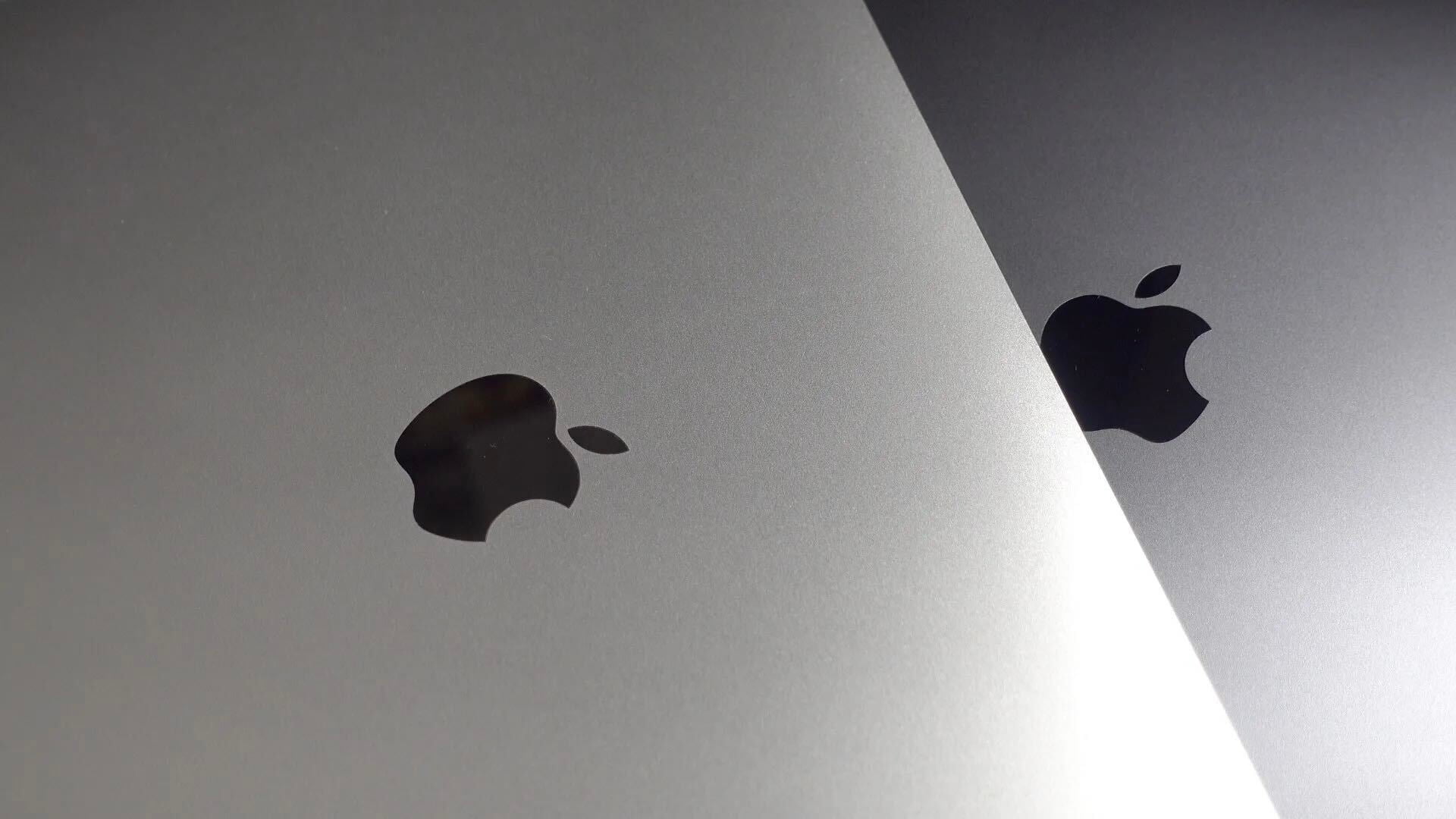
There has been a lot of smoke about Apple’s augmented reality hardware ambitions, with conflicting reports about Apple’s work on an AR headset for games, and a sleeker AR glasses product. Today, Mark Gurman at Bloomberg released a comprehensive rundown on the dual device strategy, which will start with a headset scheduled for 2022 release. The headset will roughly resemble an Oculus Quest, but be much more technically advanced.
The report also details how the headset was originally intended to work in concert with a hub, which would enable higher performance and graphical fidelity. However, Jony Ive ‘balked’ at the idea of selling a portable device that required a stationary add-on, and the product’s direction was eventually changed to be a less-powerful but independent device.
According to the report, the headset aims to combine the best of AR and VR to offer industry leading gaming and content VR experiences, whereas the slim and light glasses will be AR only and focus on overlaying data like maps navigations over what the user is seeing in the real world.
Bloomberg reports the codename for the headset is N421 and could be announced in 2021, whereas the ambitious ‘Apple Glasses’ initiative will take longer to be finished, citing a launch timeframe of 2023 at the earliest.
The headset will reportedly feature high-resolution displays and a ‘cinematic speaker system’, which should make it difficult for the user to notice the differences between real life and the virtual reality experiences the headset will provide.
The report claims that Apple’s AR division led by Mike Rockwell (who has made few public appearances outside of an interview on The Talk Show Live 2018) originally planned for the gaming headset to be used in tandem with a wireless hub of sorts. Whilst the user would be free to walk around with the headset on, they couldn’t travel too far or they would lose signal. The hub model would have enabled advanced graphics and compute power, but Jony Ive hated the idea of requiring a secondary device for the thing to work. Bloomberg says this disagreement lasted for months, but Apple eventually went forward with the headset-only plan.
Bloomberg says that Siri voice control will be the primary input method for the headset and the glasses, although the headset is currently being tested with a handheld controller too. MacRumors previously leaked a photo of a prototype test controller being used internally.
Read the full report over at Bloomberg. Speaking of nearer term announcements, we expect Apple to announce new augmented reality features as part of iOS 14, as it readies the iPhone 12 in the fall which will feature the depth-sensing LiDAR scanner first introduced in the 2020 iPad Pro. 9to5Mac code findings indicate Apple may release a dedicated augmented reality app in iOS 14, codenamed Gobi.
FTC: We use income earning auto affiliate links. More.





Comments